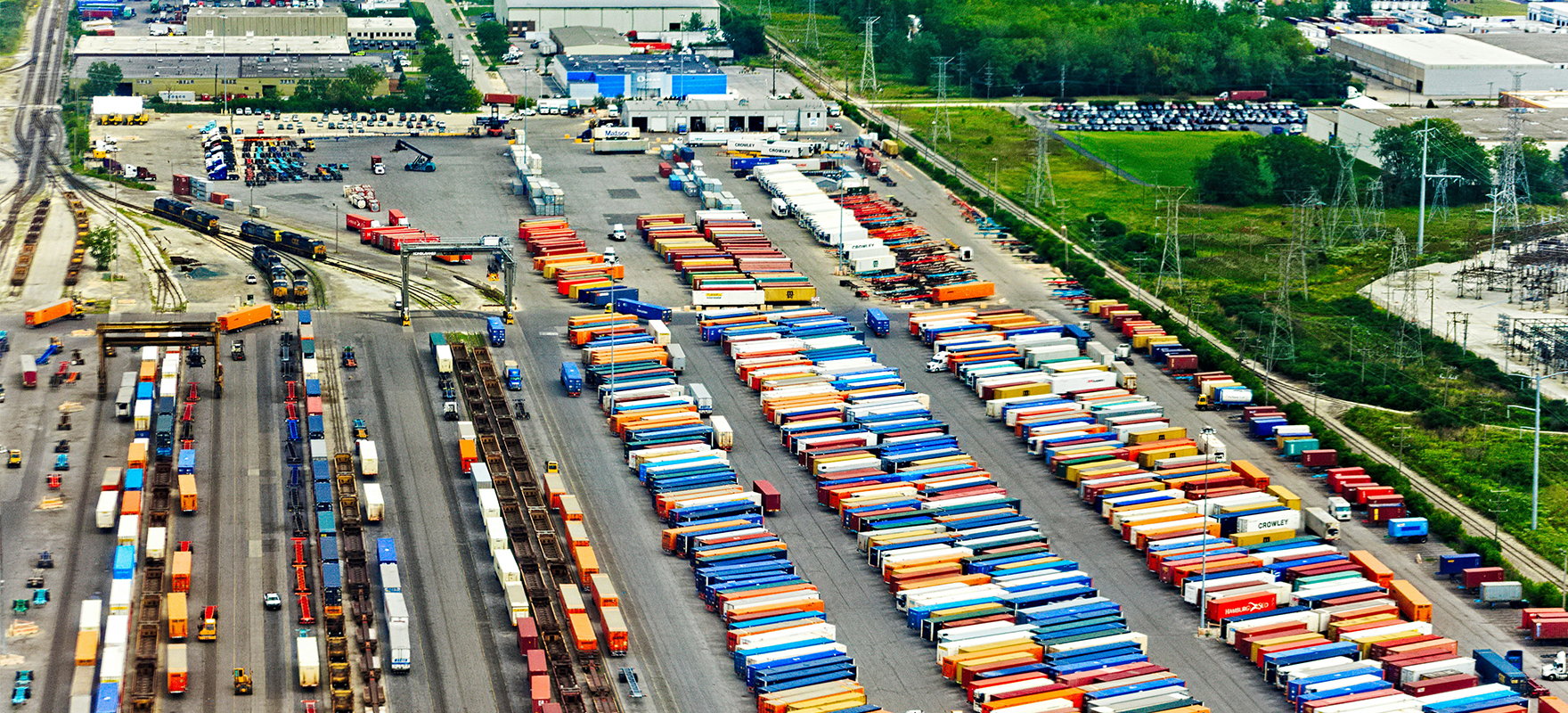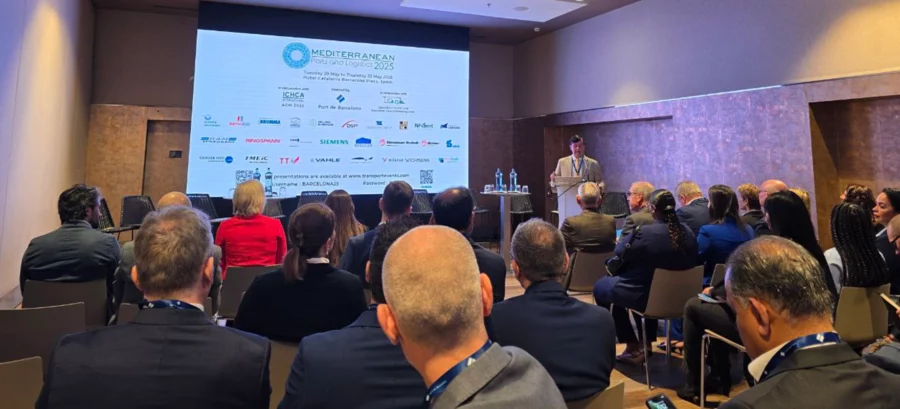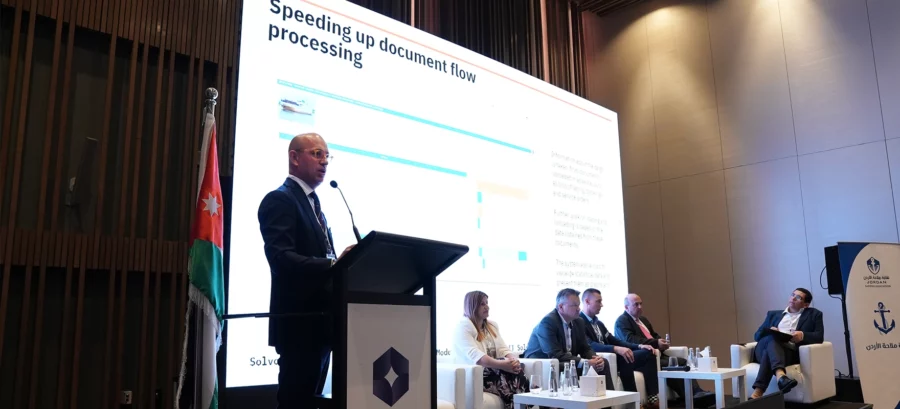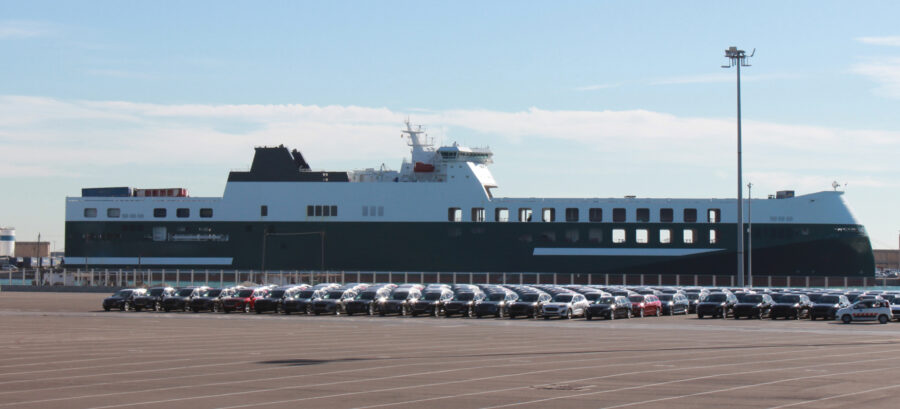How Automation By Solvo.TOS Helps Railway Terminals Boost Handling Performance
The increasing cargo handling presents a growing challenge for railway terminals. Using a Terminal Operating System as a unified digital platform that automates many processes is key to addressing this challenge. SOLVO offers advanced solutions tailored specifically for their needs.
How the Solvo.TOS system improves the efficiency of the cargo terminal at the railway area:
- Solvo.TOS allows to plan automatically railcars’ processing, considering numerous parameters including cargo and railcar data, ETA/ETD, and accompanying documents. The system even defines the allocation sequence of wagons position on the track and calculates the distance to each wagon and the operational speed of handling equipment. This provides operators with precise information on how long it will take for a crane to reach the location and the total time required for any operation.
- Solvo.TOS seamlessly integrates with any other software and hardware used by the terminal. This includes information systems of government regulators, global positioning systems (like DGPS), ERP, database management systems, and other software. Rules for manual operations and automatic data loading reduce the number of errors in documents.
- Solvo.TOS also integrates with equipment for Auto-ID including technologies for seal and container identification, with numerous sensors and devices, among others. All the data collected from different sources is fed into a unified ecosystem and processed automatically, significantly increasing the pace and effectiveness of operations.
- Clients can track information about their cargo through a user-friendly web portal. They can also view info about their requests, submit a request for additional services, and more.
These are just some of Solvo.TOS key capabilities which help cargo terminals to enhance efficiency through increased processing speeds, reduced human errors, and transparency of every process. For each client, the project is developed individually to ensure that it is tailored to specific peculiarities and tasks of the company.






